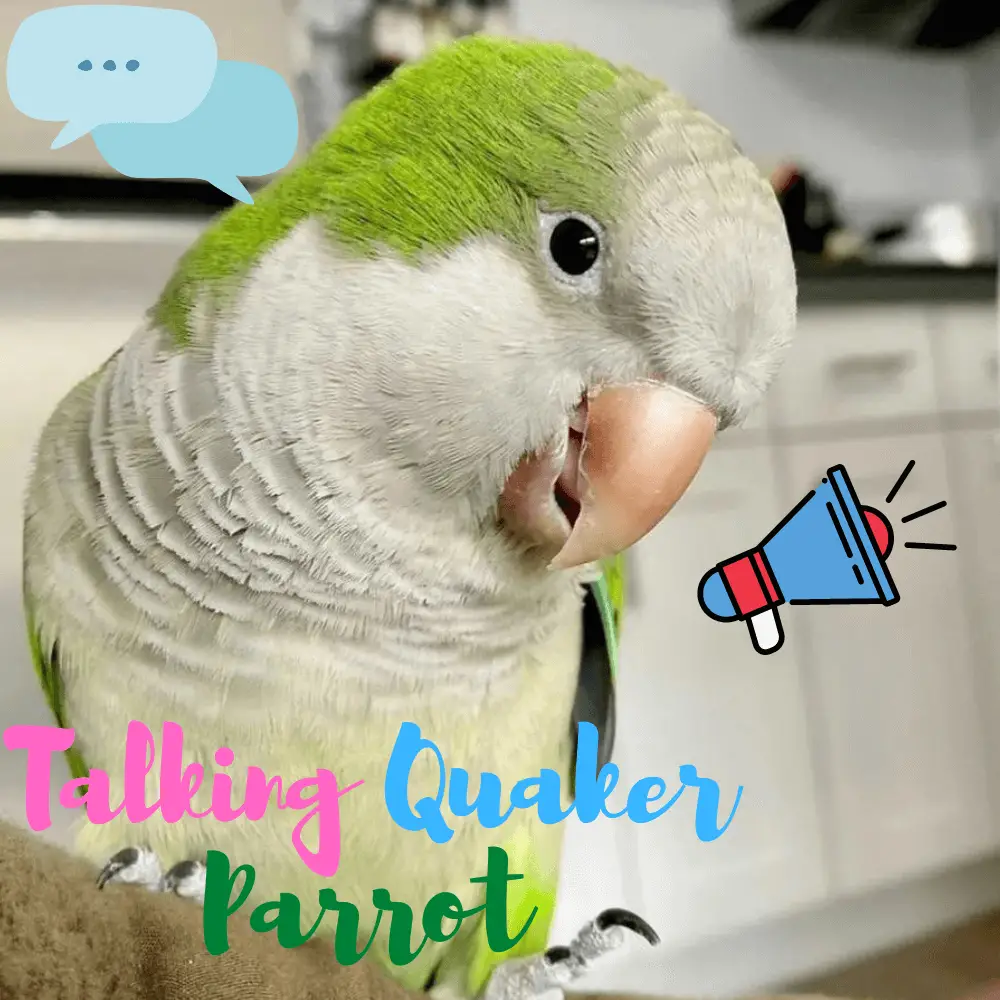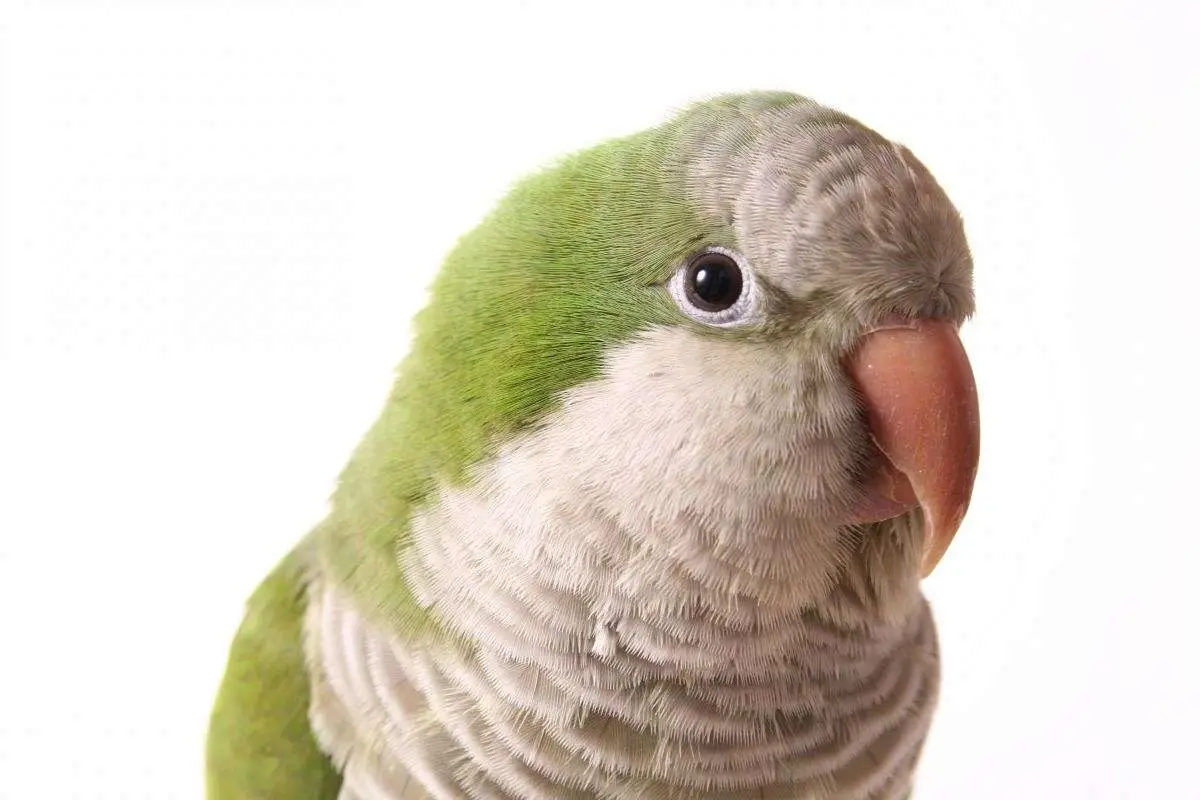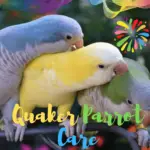
How to teach Quaker Parrots to talk? Quaker parrots, also called monk parakeets, are intelligent and funny birds that like to imitate what they hear around them. They also like to engage with you, so they will often start typing sentences while you talk to them. Talking to them throughout the day is helpful, but you can also work on a particular sentence you want them to say by repeating it often for them.
Repeat the sentence over and over again. To get your parrot used to the idea, repetition is key. Say the sentence frequently, such as when entering or leaving the room. If the bird hears it often enough, it will probably begin to repeat it.
- Be sure to say the word or phrase clearly and distinctly.
Keep the same tone. The Quaker parrot does not only pick up sound. It’s also about taking the tone. If you use the same tone or intonation every time you say the sentence, it will be easier for your bird to grasp it.
- A loud and excited voice often works well.
Use treats to reward the conversation. Like any behavior, positive reinforcement works well to practice speaking. When you start saying a sentence, give the parrot a reward every time you say it. Then only give it to them when they look at you when you say it. Once the bird does this, give it the treat only when it starts to say the word. Finally, offer the treat only when the bird gets closer to saying it.
- Some good treats include sunflower seeds, an almond sheen, or a little grape.
- Make only five or six treats in one sitting.
- This can help if you use a clicker to reward your bird with a treat. When your bird speaks, click on the clicker and then give it the treat. Soon, he will associate the click with good behavior, which will make him keep talking.

Making A Quaker Parrot Speak
Place his cage in the busiest room of your house, remembering to warn visitors not to say things in front of the parrot that they do not want to repeat. Quaker parrots are extremely sociable and your bird should feel like part of the family, with a lot of camaraderies. If he is a shy lifeguard, place him in a fairly busy room, but not very noisy for the first week or so.
Include your bird in the domestic cat, giving it a completely normal voice. He’s not a baby and just says, “Who’s a pretty parrot?” From time to time, he probably won’t encourage her to speak. Parrots like to feel included.
Select a few phrases that you would like your pet to learn and that can have meaning in his world. Quaker parrots communicate with sound and these sounds make sense to them. Parrots do not make “parrots” without thinking at all. The most obvious choices are “hello,” the names of other members of your family and pets, as well as the name of their favorite food.
Repeat these sentences in context as often as possible. For example, say “hello” or “hello” every time you enter the room and when someone else does.
Offer a little treat and praise him when he says the word or phrase you are teaching. For example, give him a small piece of his favorite fruit or a sunflower seed when he says “hello, at least the first few times.
Repeat the words he says immediately after saying them, especially if he mutters. This can help him speak a new sentence clearly.
Items you’ll need
- Milking
Advice
- Clicker training works on both parrots and dogs. Incorporating clicks with processing could speed up the training process.
- Start talking to your parrot as soon as you bring it home. A very young parrot might not speak for a while and a nerve rescue might need time to settle in, but just hearing the sound of human voices should help him speak later. It also makes him more comfortable.
Careful
- Avoid teaching your parrot to say vulgarities or anything that might offend the most easily offended person you know. Although they don’t live as long as their older parents, Quaker parrots can live for 30 years or more. There is a possibility that he will need a new home at some point and it is not easy to find homes for birds that shout obscenities. As a general rule, never say anything in front of your parrot that you don’t want him to rehearse and be aware of what’s on the radio and TV when he’s in the room.
Jose The Best Talking Quaker Parrot in the World
SOURCE:nppirates




















